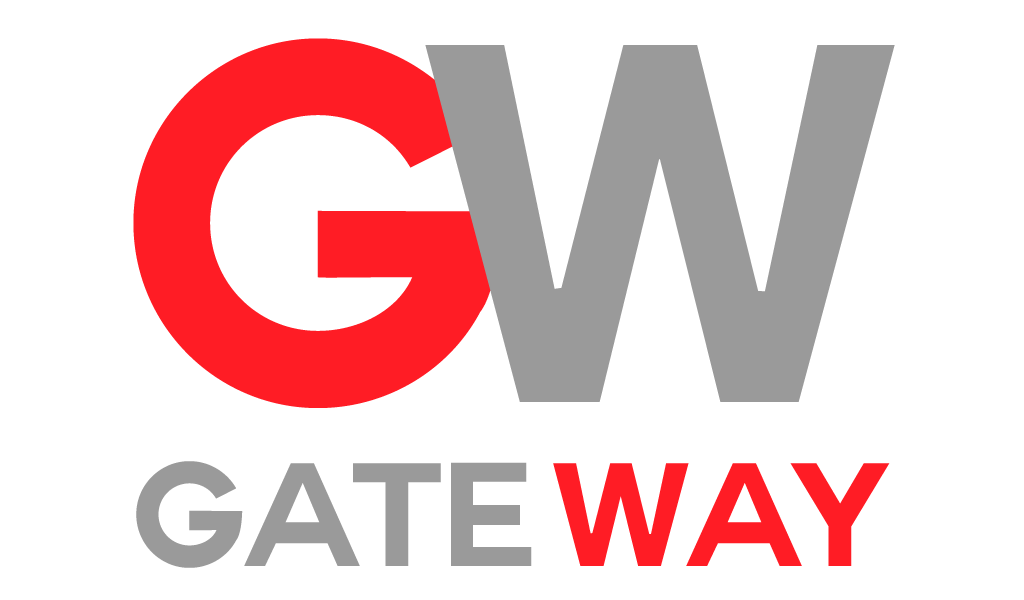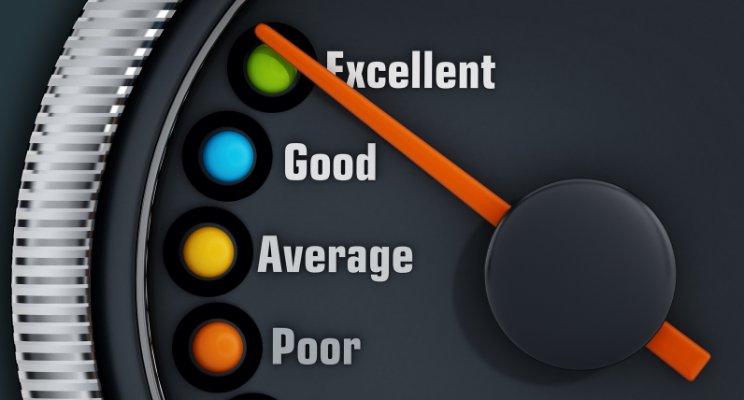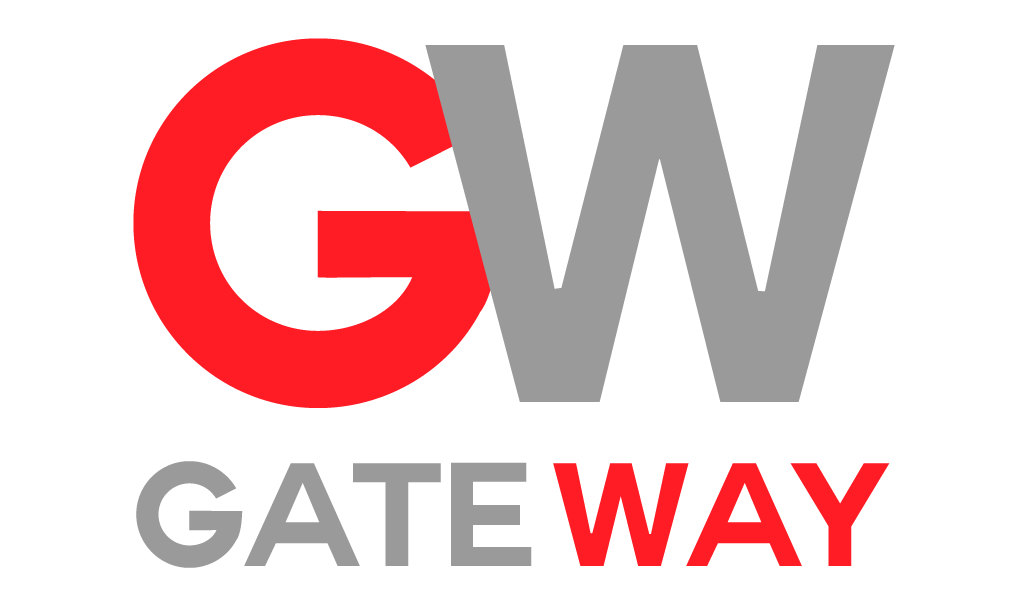“Join Us – we’re average”
Thankfully not my client. A fellow headhunter had a conversation with a client where they basically said that they loved a candidate but thought he might be too good for them. This got me thinking about how many hundreds of headlines I could write for one of their job ads.
“ABC Software – where bad is good”
“We strive for mediocrity”
“Call us, we can’t deliver”
“Join us – career growth is over-rated”
“Are you looking for an exciting challenge? Then look somewhere else.”
Just in case there’s any confusion, the client isn’t called ABC Software.
We all read about bad customer experiences and good customer experiences get out there as well, albeit with a little less frequency.
But what about everything in between? It’s been estimated that a bad customer service experience reaches twice as many ears as a positive one and that while 80% of companies believe that they deliver superior customer service, those same customers of those same companies said 8% did.
But what about all the experiences in between? Is adequate really good enough? After all, at least as a company you can hide behind the miserable experiences that some of your competitors have dished out.
The trouble is that by doing this you are still opening the door to your competition. Sure, www.ourcustomerservicesucks.com will lose a load of business and you get to hide behind that mess but so much research focusses on the good and the bad, it ignores the mediocre.
As Oscar Wilde said “There is only one thing in life worse than being talked about, and that is not being talked about.”
And this essentially is why it’s not good enough to just be good enough, unless of course you’re currently not good enough, in which case move on, I’ve got nothing for you.
I met with a friend last night who gets 60% of his business from referrals from existing customers and makes sales to about 99% of those who ask him to quote. This is the power of excellence.
Most studies focus on the cost of new client acquisition versus the cost of client retention and while those numbers alone are quite compelling, the power of the strong reference in new client acquisition can’t be understated.
It’s been said that your happy customers are your best sales people but they’re not salespeople which adds value to what they say as they aren’t getting paid, they’re actually lending their reputation to you to help you establish yours.
This is what Sigmund Freud identified as transference. The happy customer takes the views and performance and attitudes of the excellent supplier and transfers all of that goodness in attitude and approach on to their friend/acquaintance/colleague.
Those cheesy customer service surveys often ask leading questions to help you answer in a positive light but the real question is not “Do you agree that we are good?” but “were we good, bad or very bad?”.
Ultimately I believe that the real goal is to get that customer to pick up the phone to one of their contacts to recommend you.
And nobody picks up the phone for average.



